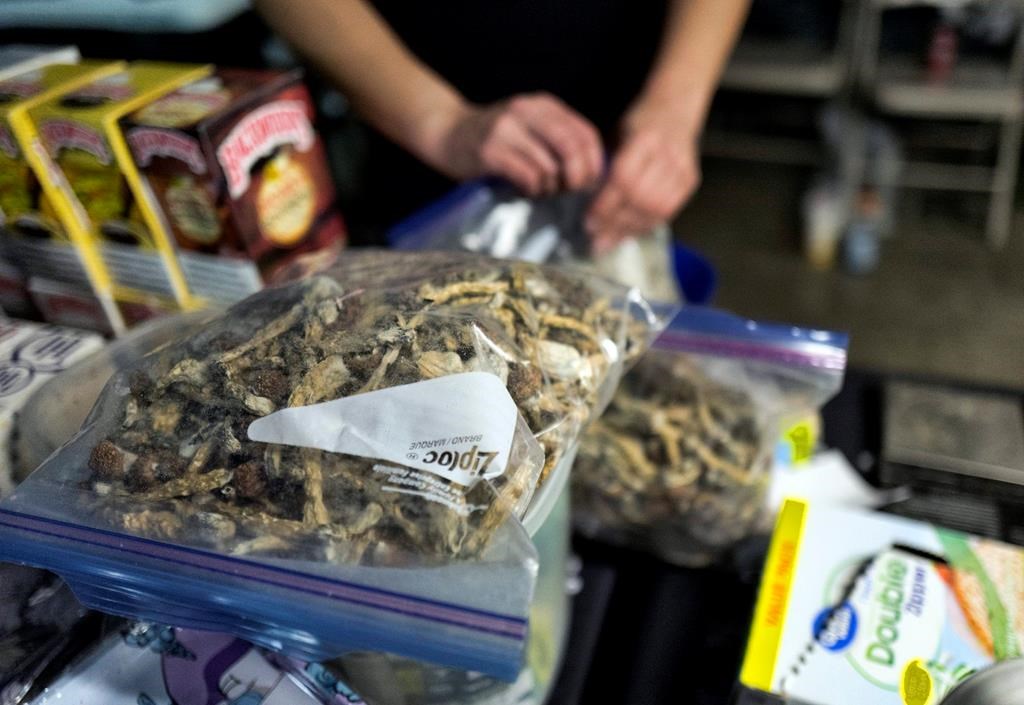An international study led by the University of British Columbia’s Okanagan campus suggests that repeated, small doses of psychedelic drugs can help treat some mental health issues.

The research published last week found that adults who used regular microdoses of LSD or psilocybin — also known as magic mushrooms — showed fewer symptoms of anxiety and depression than those who did not. They also reported greater feelings of well-being.
“There was a clear association between microdosing and fewer symptoms of depression, anxiety and stress, which is important given the high prevalence of these conditions and the substantial suffering they cause,” said lead author and UBC Okanagan doctoral student Joseph Rootman in a news release.
The study followed more than 8,500 people from 75 countries using an anonymous self-reporting system. About half of were microdosing.

Get weekly health news
The most commonly-used psychedelic in the study was magic mushrooms, but participants reported different dosages, frequencies and practices, including stacking — the combining of psilocybin with non-psychedelic substances, like chocolate and lion’s mane mushrooms.
According to UBC, the study is the first to systemically examine stacking.

“We have an epidemic of mental health problems, with existing treatments that don’t work for everyone,” said Dr. Zach Walsh, a psychology professor at UBC Okanagan.
“We need to follow the lead of patients who are taking these initiatives to improve their well-being and reduce suffering.”
The study reported health and wellness were most prominent motivations for participants who were microdosing, and were even more prominent among women who reported mental health concerns.
Its authors say the study highlights the need for additional research into mental health and microdosing, with “rigorous longitudinal” designs.




Comments
Want to discuss? Please read our Commenting Policy first.